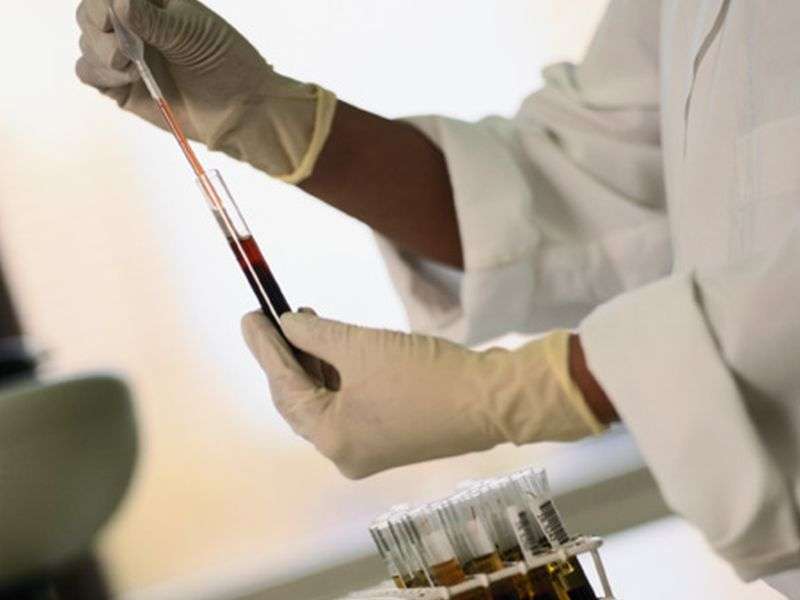(HealthDay)—Donor Epstein-Barr virus (EBV) serostatus influences incidence of graft-versus-host disease (GVHD) in patients with acute leukemia undergoing allogeneic hematopoietic stem-cell transplantation (allo-HSCT), according to a study published online April 18 in the Journal of Clinical Oncology.
Jan Styczynski, M.D., Ph.D., from the Nicolaus Copernicus University in Toruń, Poland, and colleagues examined the effect of EBV serostatus on the overall outcome of allo-HSCT. Data were included for 11,364 patients who underwent allogeneic peripheral-blood or bone marrow transplantation for acute leukemia (1997 to 2012).
The researchers found that overall survival was similar for patients receiving grafts from EBV-seropositive donors and EBV-seronegative donors (hazard ratio, 1.05; 95 percent confidence interval [CI], 0.97 to 1.12). Seropositivity also had no influence on relapse-free survival, incidence of relapse, and non-relapse mortality. The risk of chronic GVHD was higher for recipients receiving grafts from seropositive versus seronegative donors in univariate analysis (hazard ratio, 1.42; 95 percent CI, 1.30 to 1.56). Higher risk was identified for both acute and chronic GVHD when adjusting for confounders. The hazard ratio for chronic GVHD was 1.20 for seronegative patients with seropositive donors (95 percent CI, 1.06 to 1.59). The hazard ratios for both acute and chronic GVHD were significantly increased for seropositive patients with seropositive donors (hazard ratios, 1.24 [95 percent CI, 1.07 to 1.45] and 1.43 [95 percent CI, 1.23 to 1.67]).
"Our data suggest that donor EBV status significantly influences development of acute and chronic GVHD after allo-HSCT," the authors write.
More information:
Abstract
Full Text
Editorial
Journal information: Journal of Clinical Oncology
Copyright © 2016 HealthDay. All rights reserved.





















